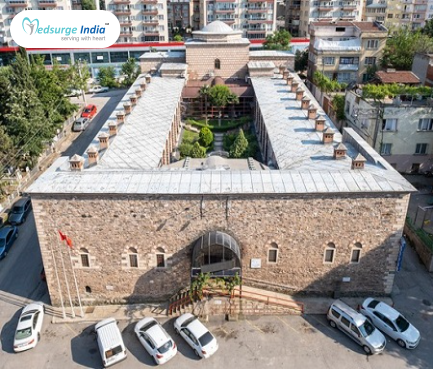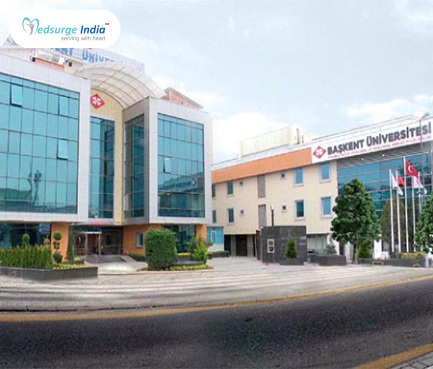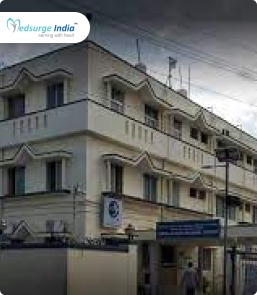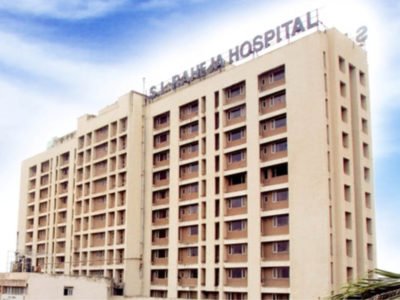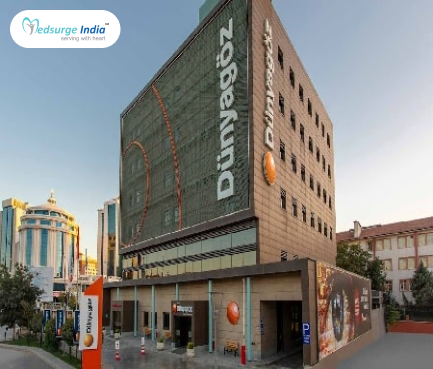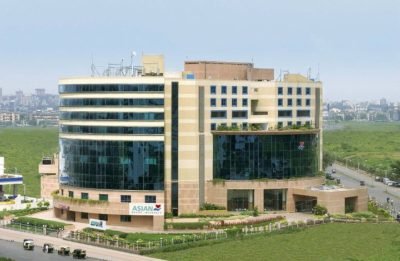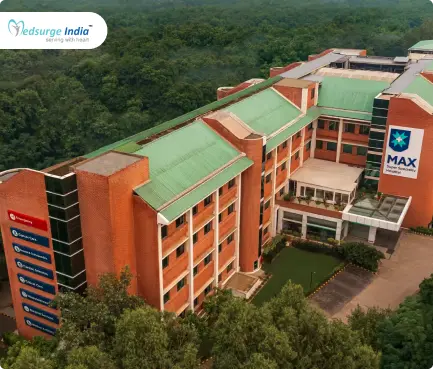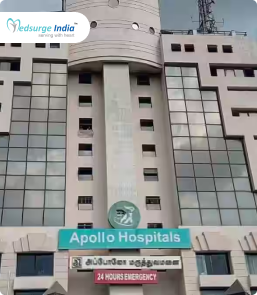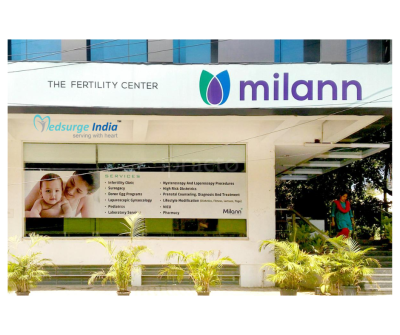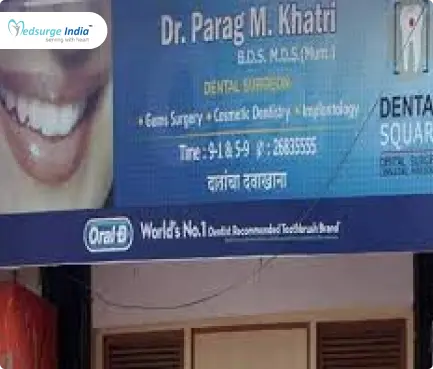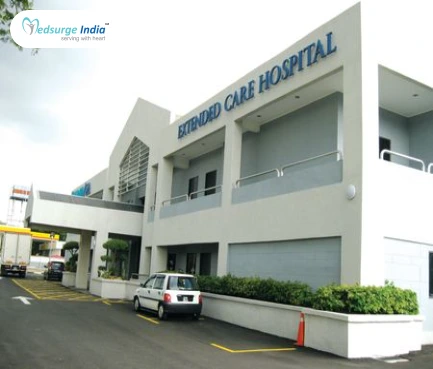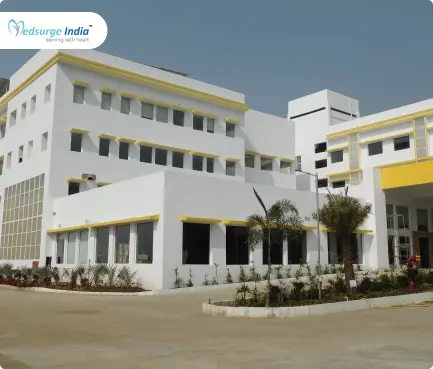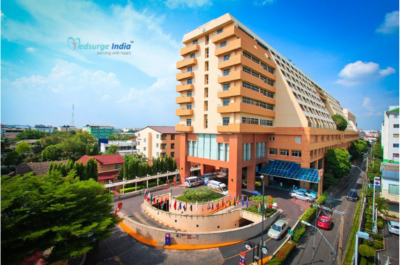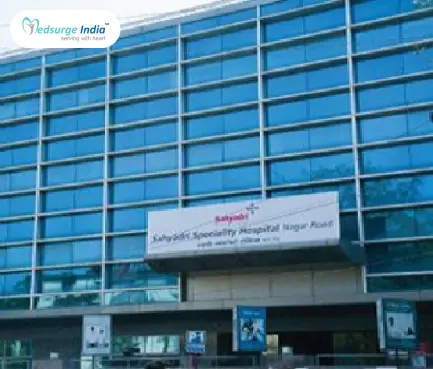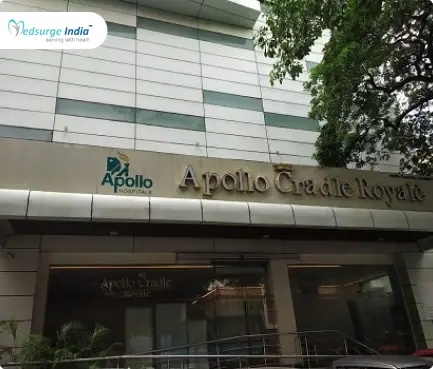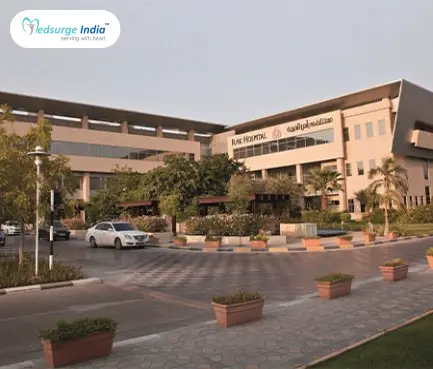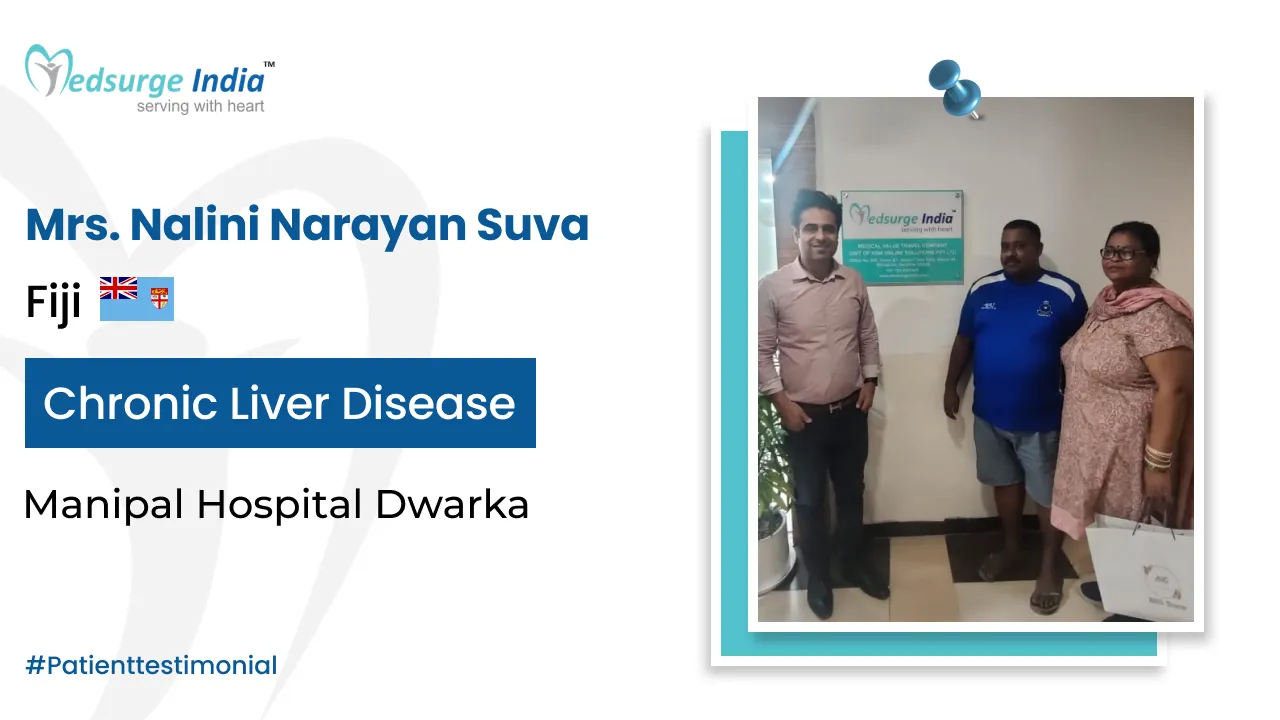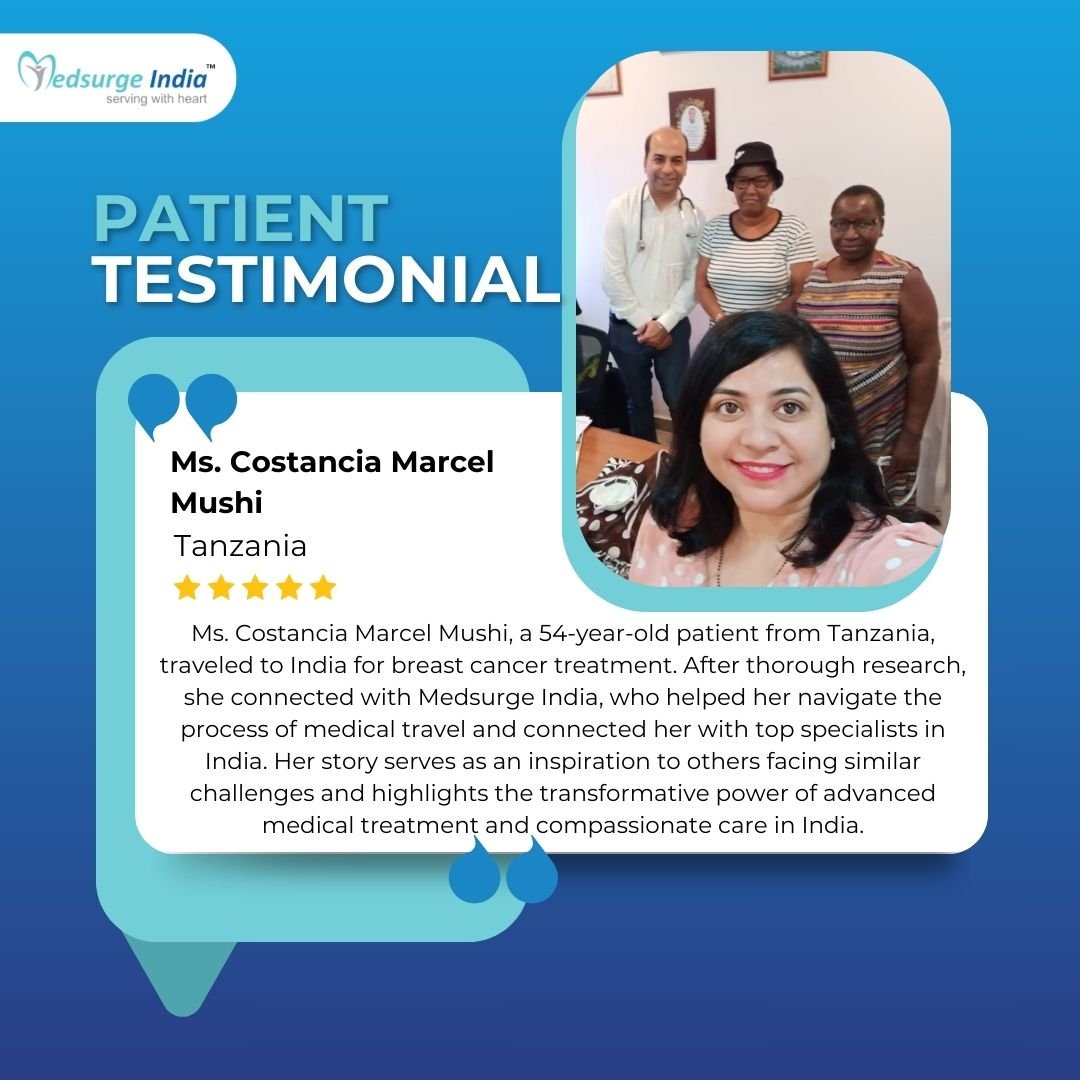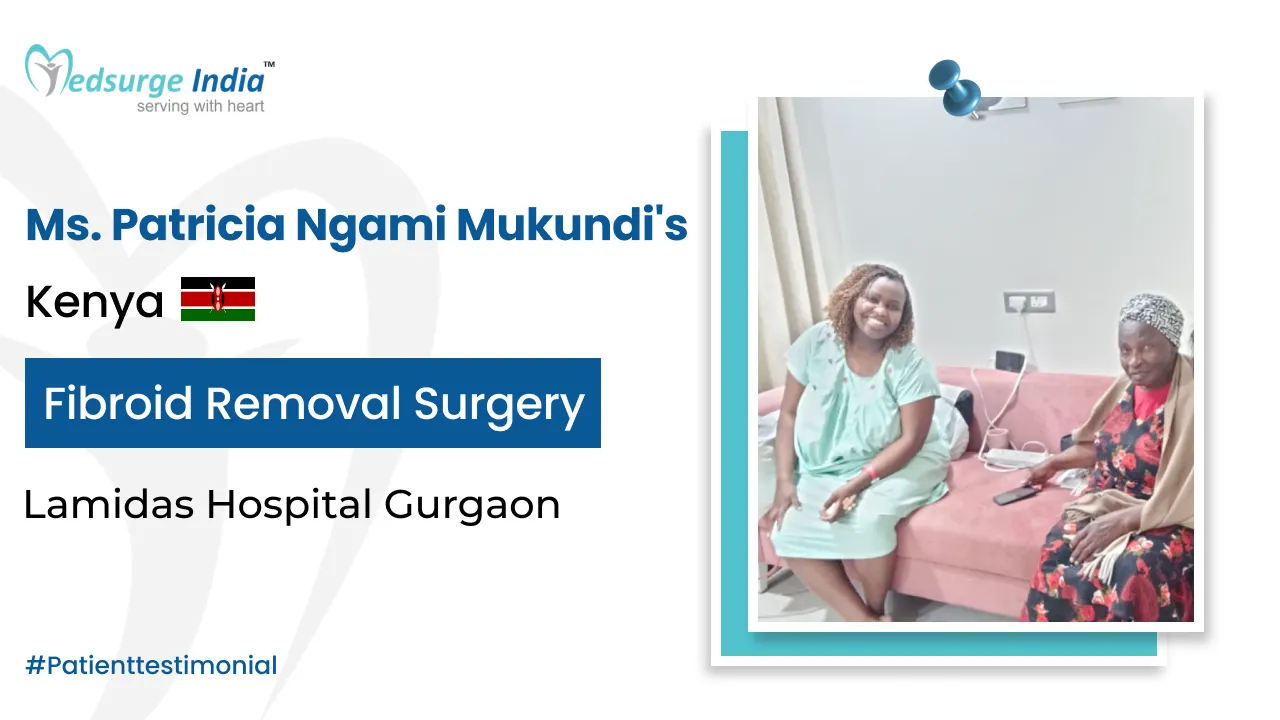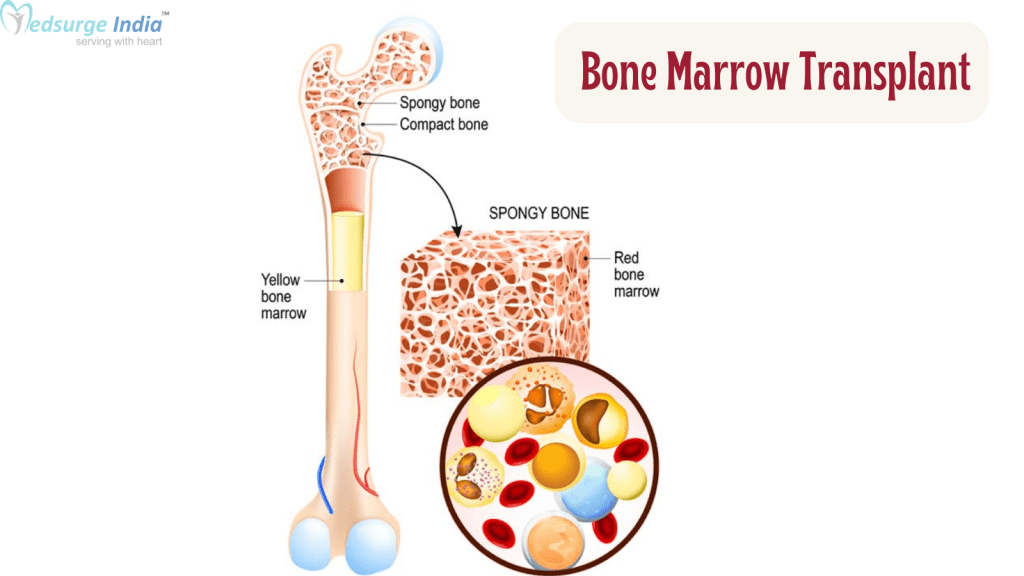
The procedure of bone marrow transplant in Delhi, India is carried out in the best hospitals to replace diseased stem cells with healthy cells from a donor. Infection, cancer, or other diseases can seriously damage the bone marrow. The goal of this procedure is to replace the damaged stem cell and encourage the development of new stem cells after transplantation. A fatty, spongy tissue found inside your bones called bone marrow helps in the formation of platelets, white blood cells, and red blood cells.
There Are Two Types of Bone Marrow Transplant
Autologous Bone Marrow Transplant:
Stem cells are harvested from the bone marrow, bloodstream, or occasionally both during this type of bone marrow transplant. A patient’s own stem cells are used in an autologous bone marrow transplant. The stem cells are extracted and stored before the patient is exposed to intense radiation and chemotherapy. The patient receives intravenous (IV) stem cell infusions again after chemotherapy.
Allogenic Bone Marrow Transplant:
Stem cells from a genetically compatible donor are given during this type of bone marrow transplant procedure. Generally, a sibling or other member of the patient’s family who has the same tissue type can donate. When a close relative or sibling is not available, an attempt is made to find out an appropriately matched unrelated stem cell donor. In an allogeneic bone marrow transplant, the healthy stem cells of the donor are used to replace the unhealthy cells. It is also implied that the underlying disease will be treated with chemotherapy and radiotherapy.
Indications for Bone Marrow Transplant are
- Aplastic anemia
- Blood cancer
- Cancers that affect marrow
- Congenital neutropenia
- Damaged bone marrow due to chemotherapy
- Multiple Myeloma
- Sickle cell anemia
- Thalassemia
Bone Marrow Transplant Cost in Delhi
Bone marrow transplant cost in Delhi generally starts from INR 14,94,000 (USD 18,000). For individuals looking for top-notch healthcare at a fraction of the cost paid in many Western nations and different states in India, Delhi presents a strong alternative. Modern medical facilities, internationally qualified doctors, and reasonably priced treatment alternatives have made India a global center for medical tourism. The nation is home to a large number of specialized BMT Centres with cutting-edge equipment and skilled hematologists committed to giving patients complete care.
Medsurge India offers the best bone marrow transplant cost in Delhi at an affordable price for international patients visiting India, all under the guidance of top medical specialists. The form for a medical visa can be found here.
Get Free Cost Estimation
Procedure
Bone Marrow Transplant in Delhi
An expert group known as the transplant team will perform bone marrow transplant in Delhi. The preparations required for a bone marrow transplant vary depending on the type of transplant, the sickness for which the transplant is necessary, and your tolerance to particular drugs. Once a diagnosis has been made, your trusted healthcare provider will collect stem cells from a donor via a peripheral vein. Becoming a recipient of a bone marrow transplant is similar to giving blood or platelets. Leukocytes, erythrocytes, and platelets are among the blood components made by bone marrow stem cells and are then injected into a patient after a brief course of chemotherapy.
The bone marrow transplant procedure in Delhi, which treats a range of illnesses (both cancerous and non-cancerous), is incredibly safe for the donor. In addition, the patient can return to a regular, healthy lifestyle in six to twelve months following a successful bone marrow transplant.
What is the Success Rate of Bone Marrow Transplant in Delhi, India?
The stage and duration of the disease, as well as the patient’s health at the time of the transplantation procedure, are frequent factors that influence the success rate of bone marrow transplants in Delhi. If BMT is performed for thalassemia at the age of 3 years, one can anticipate a cure rate of 90%; however, if done at the age of 7 years, one can expect a cure rate of 80%. Conversely, the cure rates for refractory leukemias are lower (30% or less).
Best Hospitals for Bone Marrow Transplants in Delhi, India
- Indraprastha Apollo Hospital, New Delhi
- Fortis Escorts Hospital,New Delhi
- Pushpawati Singhania Research Institute (PSRI), New Delhi
- BLK Super Speciality Hospital, New Delhi
Several factors that could influence the cost of a bone marrow transplant in Delhi include:
- Surgeon Fee
- Admission Fee
- Age of the Patient
- The type of bone marrow transplant that will be carried out
- Overall Health of the Patient
- postoperative challenges that are involved
- The Type of Admission Room Patient Opted
- Any Additional Laboratory or Examination Tests, including an X-ray, an ECG, etc.
How Medsurge India can Help?
Medsurge India is a prestigious support system for patients looking for doctors, hospitals, and specialized treatments. We’ll find the most suitable medical options for you.
In relation to your medical issues, our team will give you a list of certified, reputable, and trusted doctors as well as hospitals.
Additionally, we offer a treatment strategy that fits your budget. Apart, we assist patients with obtaining travel authorizations, medical visas, and a multitude of other things.
The Most Important Frequently Asked Questions
Q: How long can one live after a bone marrow transplant?
A: In contrast, 5 of the 12 patients who received transplants while in remission or at an early stage of their disease are still alive 65 to 1,160 days after the procedure, with an actuarial survival rate of 22% at three years.
Q: Who needs a bone marrow transplant?
A: The goal of a bone marrow transplant is to cure many diseases and types of cancer. When the doses of chemotherapy or radiation needed to cure a cancer are so high that a person’s bone marrow stem cells will be permanently damaged or destroyed by the treatment, a bone marrow transplant may be needed.
Q: Who is eligible to donate bone marrow to a close family member?
A: If you’re an unmatched donor, you cannot donate bone marrow or stem cells to a relative. It is occasionally possible to receive a match from someone unrelated to the family. We refer to this as a matched unrelated donor.
Q: Who is a good bone marrow donor?
A: Between the ages of 18 and 60, they accept donors. However, donors between the ages of 18 and 44 are preferred because bone marrow transplants with younger donors are more successful. Good health is a requirement for donors. Your eligibility to be a donor may be affected by specific illnesses, treatments, medications, and weight restrictions.
Q: How painful is a bone marrow biopsy?
A: The pain from the biopsy needle may also be brief and dull. This test might be painful because the inside of the bone cannot be numbed. You might experience a brief period of sharp pain if a bone marrow aspiration is also performed.

